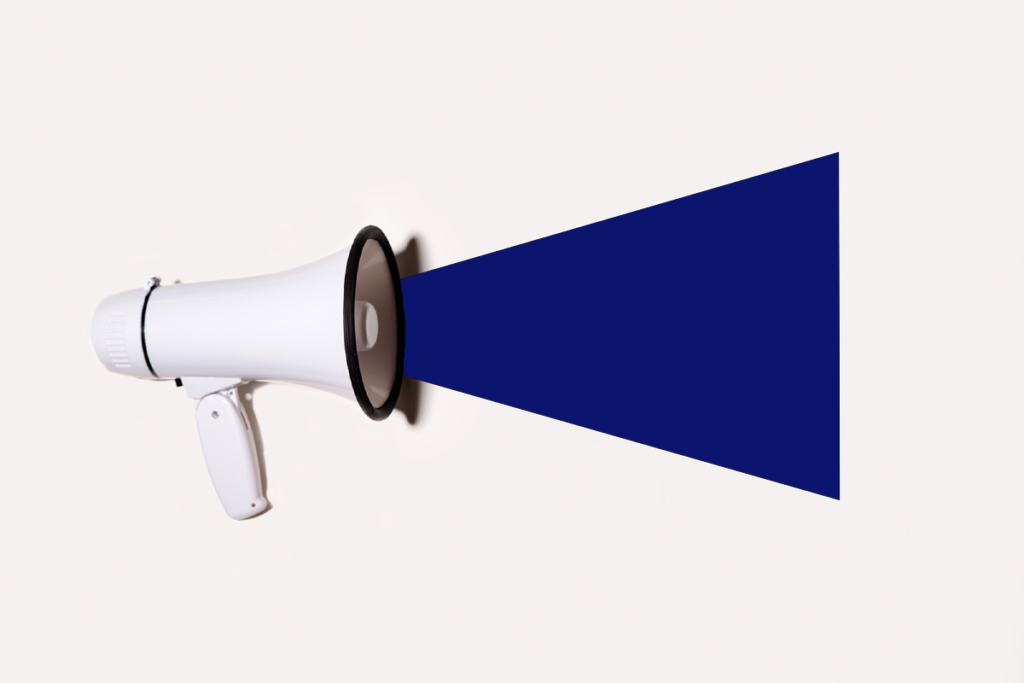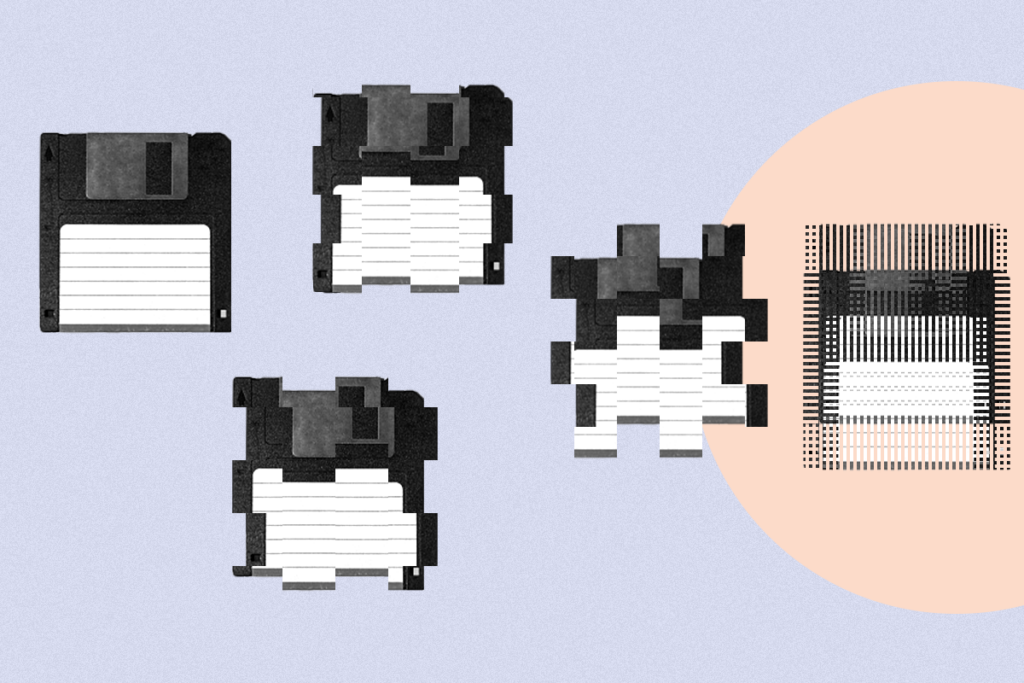Last month, Robert F. Kennedy Jr., secretary of the U.S. Department of Health and Human Services (HHS), caused a stir in the science community when he announced that the agency plans to launch a research effort to provide “answers” about the cause of autism. “By September we will know what has caused the autism epidemic, and we’ll be able to eliminate those exposures,” he said in a Cabinet meeting on 10 April.
At a press conference six days later—after the Centers for Disease Control and Prevention reported a new increase in autism prevalence numbers—Kennedy announced plans for a series of new studies to identify environmental toxins that cause autism. National Institutes of Health Director Jay Bhattacharya later walked back some of Kennedy’s statements and says the preliminary results of any new study likely will not be available until next year.
Still, after hearing Kennedy’s remarks, Helen Tager-Flusberg, professor emerita of psychological and brain sciences at Boston University, says she knew she had to do something to make sure the voices of autism researchers were heard. “This was enormously alarming, not just to the scientists but, of course, to the whole autism community. The sort of lack of connection to any kind of reality was really bizarre.”
Tager-Flusberg saw how some autism advocacy organizations were pushing back on Kennedy’s statements, and so—with the help of colleagues who met virtually and exchanged emails over the course of 10 days—she launched the Coalition of Autism Scientists, which has about 220 members and is still growing, she says.
“It grew enormously quickly, and it was really just grassroots,” she says.
Many advances have contributed to the field’s understanding of autism, such as the discovery of associated genes and genetic variants, and predictive brain structural and functional differences in the first year of life. The dismissal of these, among other achievements, inspired researchers to take a stand, Tager-Flusberg says.
“I think this is a unique moment,” she says. “We’re all speaking with one voice, and that one voice is saying these plans are simply not acceptable to any part of the autism community.”
Tager-Flusberg spoke with The Transmitter about the coalition’s goals and directions for federal research.
This interview has been edited for length and clarity.
The Transmitter: What are the goals of the Coalition of Autism Scientists?
Helen Tager-Flusberg: Our goals are to continue to be the voice of the scientific community—monitoring and evaluating the plans of the federal government. People should be aware of us as an entity, and we have scientists covering all the different areas of research into autism among our current group.
We’re all ready to respond, ready to give interviews and ready to evaluate the scientific proposals and actions that HHS will be taking in the coming months. We hope that people will recognize that the autism community is a very strong one. We’re made up of many different parts, from the self-advocates to the parents, to advocacy organizations, nonprofit organizations and—most importantly, I think—the jewel in the crown is the extremely strong scientific community.
We’ve been around for a long time now, and the federal government has invested a huge amount of money to advance research. We know a lot about autism today. To characterize it as a condition about which we’ve learned almost nothing is just completely false.
TT: What actions does the coalition plan to take?
HT-F: We will respond to what’s happening as appropriate. We will be writing, perhaps, pieces for the media and reacting to proposals through media alerts and press releases. We have been talking about how we should take on more of a proactive role in disseminating what we know from the science.
I am planning to contact the NIH Office of the Director to see whether Bhattacharya would be willing to meet. We would try to play a more active role, because the work of the Interagency Autism Coordinating Committee has come to a full stop. This is a congressionally mandated, federal committee that’s primarily there to develop strategic plans for research and to summarize the scientific accomplishments each year, and yet we’ve heard nothing from them. That’s disturbing.
TT: What concerns do you and the coalition have about Kennedy’s statements?
HT-F: He dismissed the role of genes in causing autism as not very important. We know that genes play a very significant role, both in terms of the heritable contribution as well as in the non-inherited, spontaneous mutations that are part of the autism equation.
We’ve also learned quite a bit about non-genetic factors that contribute to the likelihood of autism, and some are in the category of environmental toxins. I don’t like that word because it cuts off discussion of other ways non-genetic factors can contribute to the chances of having autism.
We are open to more investigations, but whether the approach the secretary has proposed is going to yield anything other than enormous alarm in the autism community, I just feel very skeptical about that.
TT: What should the autism research community and HHS be focusing on?
HT-F: The process of research should be open. It needs to be a consultative process. For the past couple of decades, the Interagency Autism Coordinating Committee has played that role. If you’re going to change directions, consult with the established scientists about where urgent needs are. Proposals should be very clear and reviewed by top scientists in the field. Don’t put discredited individuals on these review panels. Once the data are collected, they should be available for other scientists to review and conduct an independent analysis, just like every NIH-funded study on autism for nearly a decade now.






